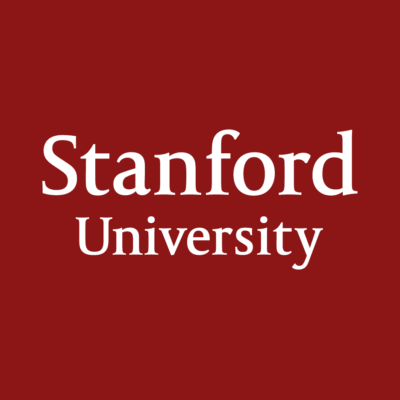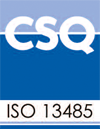On February 15th Mikel Hernaez, the current Director for Computational Genomics at the Carl R. Woese Institute for Genomic Biology at the University of Illinois at Urbana-Champaign (UIUC) will speak about the ISO-based MPEG-G standard for genomic information representation at the Compression Workshop 2019 at Stanford University.
Abstract: The MPEG-G standardization project is the largest coordinated international effort to specify a compressed data format that enables large-scale genomic data processing, transport, and sharing. It is the first ISO/IEC standard that addresses the problems and limitations of current genomic data formats towards a truly efficient and economical handling of genomic information. It provides the means to implement leading-edge compression technology achieving more than 10x improvement over the BAM format. The standard also provides a set of currently-needed functionalities, such as selective access, application programming interfaces to the compressed data, support of data protection mechanisms, and support for streaming applications. Furthermore, ISO/IEC is also engaged in supporting the maintenance of the standard to guarantee the long-support of applications using MPEG-G. Finally, interoperability and integration with existing genomic information processing pipelines is enabled by supporting conversion from/to the FASTQ/SAM/BAM file formats. In this talk we will describe the MPEG-G standard in more detail, as well as the main advantages and functionalities offered by it.
Bio: Mikel Hernaez is the current Director for Computational Genomics at the Carl R. Woese Institute for Genomic Biology at the University of Illinois at Urbana-Champaign (UIUC). From 2013-2016 we was a postdoctoral Scholar at Electrical Engineering Department at Stanford University in the group of Prof. Tsachy Weissman. Prior to Stanford, he was the Director of Research at Enigmedia, a start-up developing crypto solutions based in Spain. In 2012 he graduated from his PhD in Electrical Engineering from the University of Navarra under the supervision of Prof. Pedro Crespo.
During his time at Stanford, he was the organizer of the Stanford Compression Forum, and an active member of the Stanford Data Science Initiative. He was also among the few selected individuals that participated in the Pear Garage, an entrepreneurial mentoring program from Pear VC in Palo Alto, CA.
Currently, he is one of the leaders of the upcoming International Standard for Genomic Information Representation, MPEG-G, which will change how genomic data is stored, processed and analyzed.
His research interests are Data Compression, Computational Biology, Machine Learning and Information Theory and Coding.
His Postdoc was partially funded by the Stanford Data Science Initiative, and during his masters he was awarded the Telefonica Scholarship.





